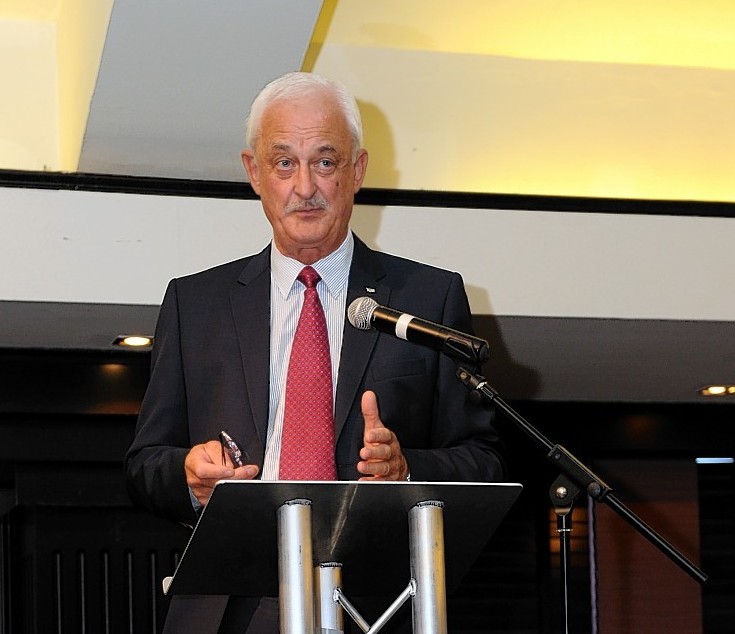The potential impacts of a European legal ruling over holiday pay are becoming clear, with a stark warning from one business group that it has the potential to cost billions of pounds.
We have been keeping our clients briefed on every development in this case, but the intervention from CBI Scotland – which believes that some companies will be forced out of business – has sharpened minds in industry.
The short story is that until now, when you have paid holiday pay for your employees, you have had to do so on the basis of their base salary or pay for the period of the holiday. You have not had to take into account any overtime or commission payments they would have potentially received if they had been at work.
That has all changed. Last year, an employment tribunal decided that holiday pay should include overtime pay.
What does this mean for you and your business?
Well, John Lewis is an example of how seriously some employers are taking it.
The retail giant is reported to have made compensation payments to their 69,000 staff members, amounting to £40million.
The big concern is that if an employee can show that deductions from their holiday pay had happened over a long period, they could potentially make claims for many years of underpayments. That seems to have been the concern that prompted John Lewis to make its payments.
Should you panic, and make immediate payments to staff? No. First of all, the employment tribunal decision is not currently binding on other tribunals, so it is not yet firm “law”.
We are keeping a close eye on further developments. Secondly, there are steps that you can take to minimise your risk of backpayments. These will depend on your own circumstances.
Appeals in two key cases were heard in August this year and details on how those decisions which will have an impact on Scottish businesses are eagerly awaited.
Business owners should keep on top of how this develops and anyone with concerns should seek legal advice.
The spirit of Wood
The Wood Review, if fully implemented, will transform the oil and gas industry in the UK and allow the north-east corner to continue to flourish.
And within it there is a lesson for all business.
Sir Ian called for a new era of collaboration in the industry – a call which, if heeded, could save companies a lot of money.
He hit out at the in-fighting between rival companies in the North Sea, where disputes over access to crucial infrastructure has left some perfectly good assets stranded.
He described some commercial behaviour as “very damaging” and wants to force energy firms to share information – and even assets – for the greater good of the country.
Those failing to do so could face tough new penalties and could even lose their licence.
Competitive behaviour is to be expected in the corporate world – and nobody would ever expect rival companies to share information.
But in many cases, disputes needlessly cost both sides money, at a time when every business is under pressure to be leaner, smarter and fully accountable for the way they spend.
My firm’s lawyers see many cases where we question the need for the dispute in the first place.
However, they take a commercial and proactive approach to negotiations and dispute resolution with the Wood principles in mind.
Pointing firms in the direction of common ground is part of the approach we take – allowing our clients to spend their time, effort and money doing what they do best.
